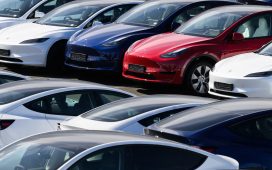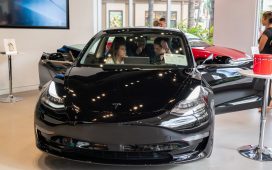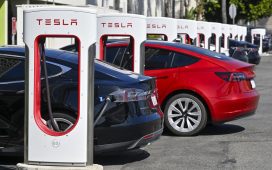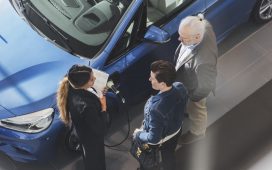KAR surprised investors, analysts and customers with the sale of ADESA’s 56 sites. But the proceeds allow the company to pay down debt and focus on capturing more of a fragmented digital wholesale market.
Manheim also has leaned into the digital transformation — though not to the point it would sell its own physical sites, Huang said. The company currently has the largest auction network in North America, with 82 traditional sites.
“Our physical space is not just about the auctions,” Huang said. “Our physical space is really, for us, a key asset that we plan to have forever. We don’t have any intentions of selling it.”
Still, about 80 percent of Manheim’s inventory is sold to digital buyers, she said. Before pandemic shutdowns that began in March 2020, that number was slightly above 50 percent.
Huang said she’s confident Manheim is poised to easily navigate further shake-ups and shifts in the remarketing industry. Cox has invested both in Manheim’s digital capabilities and in developing used-vehicle sourcing tools for some of its other businesses. Manheim is currently spending time and money to prepare its operations for an influx of electric vehicles as EV volume is expected to increase dramatically.
Manheim also could see more dealers and automakers gravitating to its sites and services in light of the ADESA U.S. sale. Customers that leave ADESA U.S. now that it’s owned by Carvana, the online used-vehicle upstart viewed by many as a competitor, could turn to Manheim.








